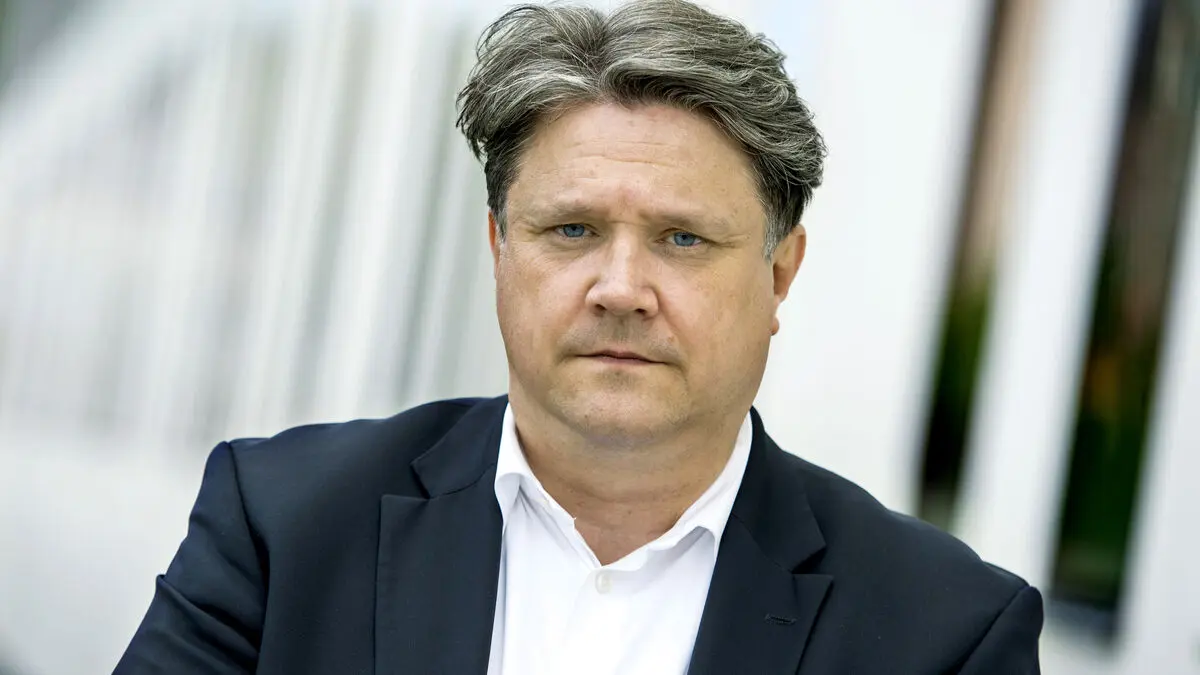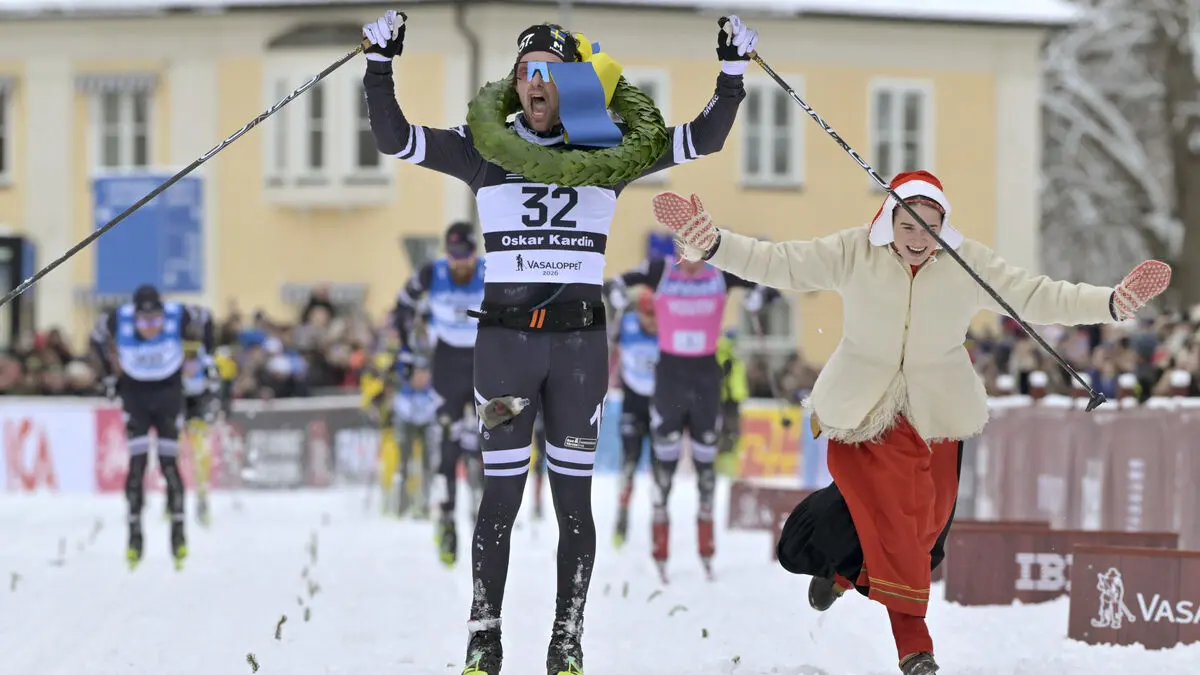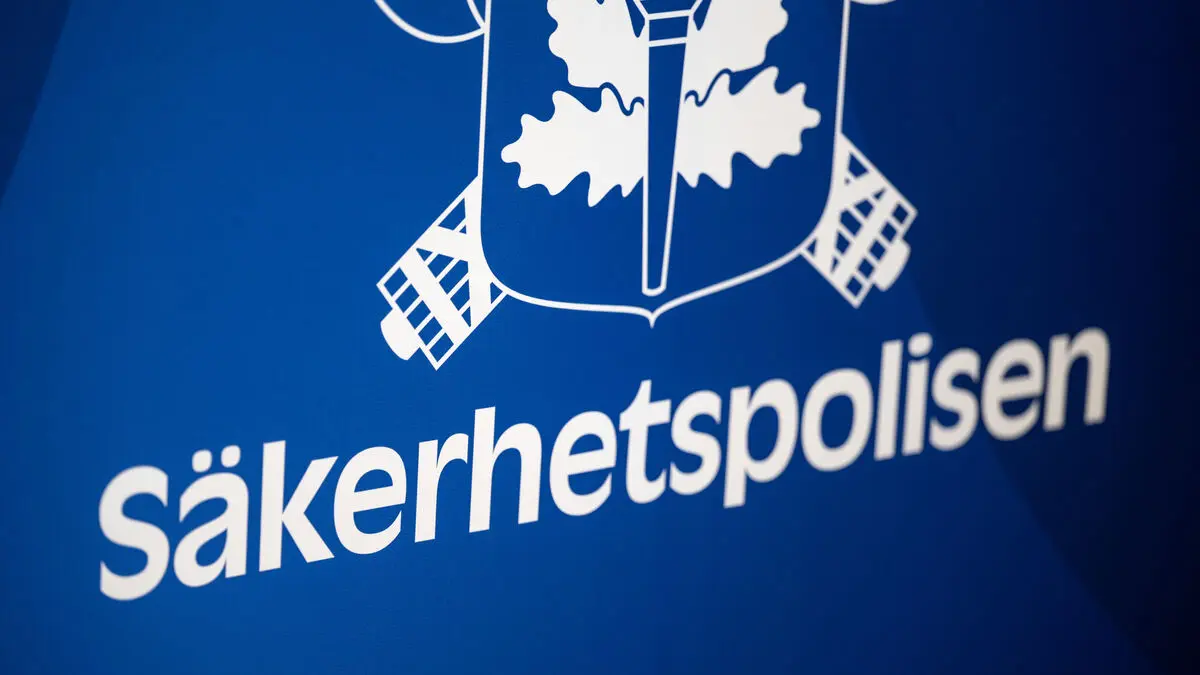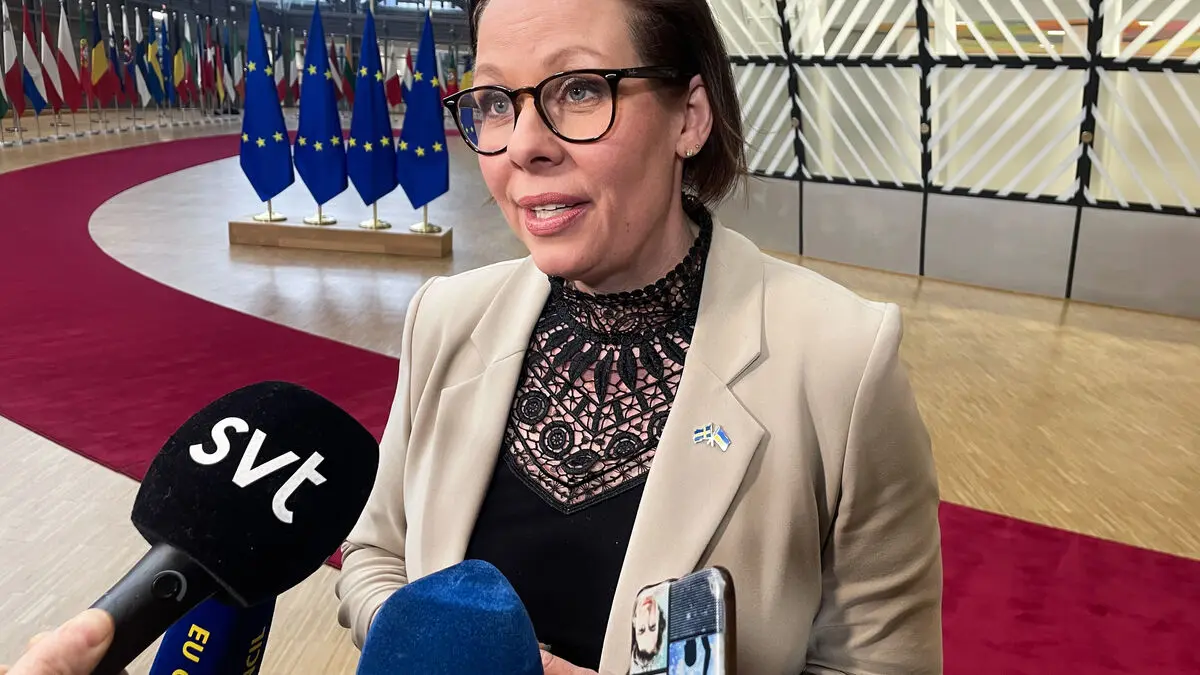The memory of when the Russian forces attacked Zinajda Hyrenko's village in Ukraine's northeastern parts is crystal clear.
It sounded so loud. Everyone fell to the ground. I lay there. Then I opened my eyes and thought: "I'm still alive", she says.
The Ukraine war has hit the elderly hard. In many cases, they were the last to leave areas near the front, some because they physically or economically could not move, others because they could not imagine leaving their homes.
People over 60 make up a quarter of Ukraine's population, but nearly half of the deaths near the front in 2024, according to the UN.
Enormous need
Zinajda Hyrenko lived in the village of Zaoskillja in the eastern part of the Kharkiv region until the end of May last year. Russia had made advances towards the city of Kupjansk nearby, and even communities nearby were hit by bombs.
Today, she lives in the city of Kharkiv, in a dormitory that has been converted into housing for the elderly. According to Hyrenko, the staff there take care of what she calls "used" residents.
She herself has trouble remembering her own age.
I was born in 1939. You can count.
The founder of the residence, Olha Kleytman, says that 32,000 elderly people who have been forced to flee their homes need help – just in Kharkiv. In the region, there are not enough nursing homes to meet the need, according to Kleytman.
At her residence, which is financed by private donations, 60 people live.
They have worked their whole lives and they deserve a decent old age, she says.
Optimistic
Zinajda Hyrenko has shared a room with Olha Zolotareva since September 2024. Olha Zolotareva worked for 28 years taking care of people with learning disabilities in the community of Lyptsi near the border with Russia. The place was evacuated at the beginning of the war, but Zolotareva stayed.
In May last year, during Russia's new offensive in the region, she was hit in an attack. A shrapnel hit her leg, which broke, she says, showing off her scar.
She wishes for peace, and to be able to walk normally again. And to have "the scent of a man" nearby, she says.
Zinajda Hyrenko says that despite everything, she is optimistic.
For me, happiness means not being hungry and not going without clothes and shoes, she says.
That's not me.






